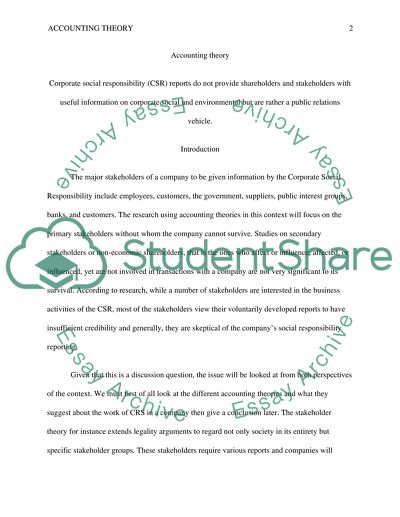Cite this document
(“Corporate social responsibility Essay Example | Topics and Well Written Essays - 1000 words”, n.d.)
Corporate social responsibility Essay Example | Topics and Well Written Essays - 1000 words. Retrieved from https://studentshare.org/finance-accounting/1495841-accounting-theory
Corporate social responsibility Essay Example | Topics and Well Written Essays - 1000 words. Retrieved from https://studentshare.org/finance-accounting/1495841-accounting-theory
(Corporate Social Responsibility Essay Example | Topics and Well Written Essays - 1000 Words)
Corporate Social Responsibility Essay Example | Topics and Well Written Essays - 1000 Words. https://studentshare.org/finance-accounting/1495841-accounting-theory.
Corporate Social Responsibility Essay Example | Topics and Well Written Essays - 1000 Words. https://studentshare.org/finance-accounting/1495841-accounting-theory.
“Corporate Social Responsibility Essay Example | Topics and Well Written Essays - 1000 Words”, n.d. https://studentshare.org/finance-accounting/1495841-accounting-theory.


